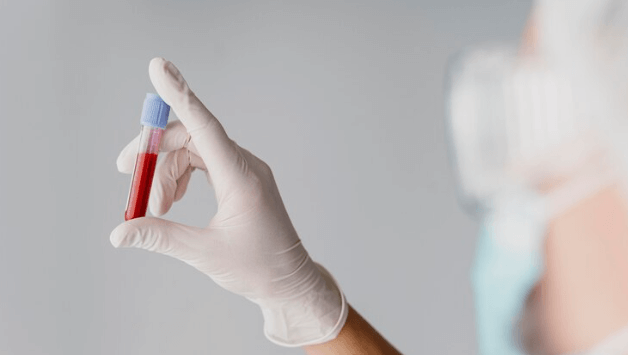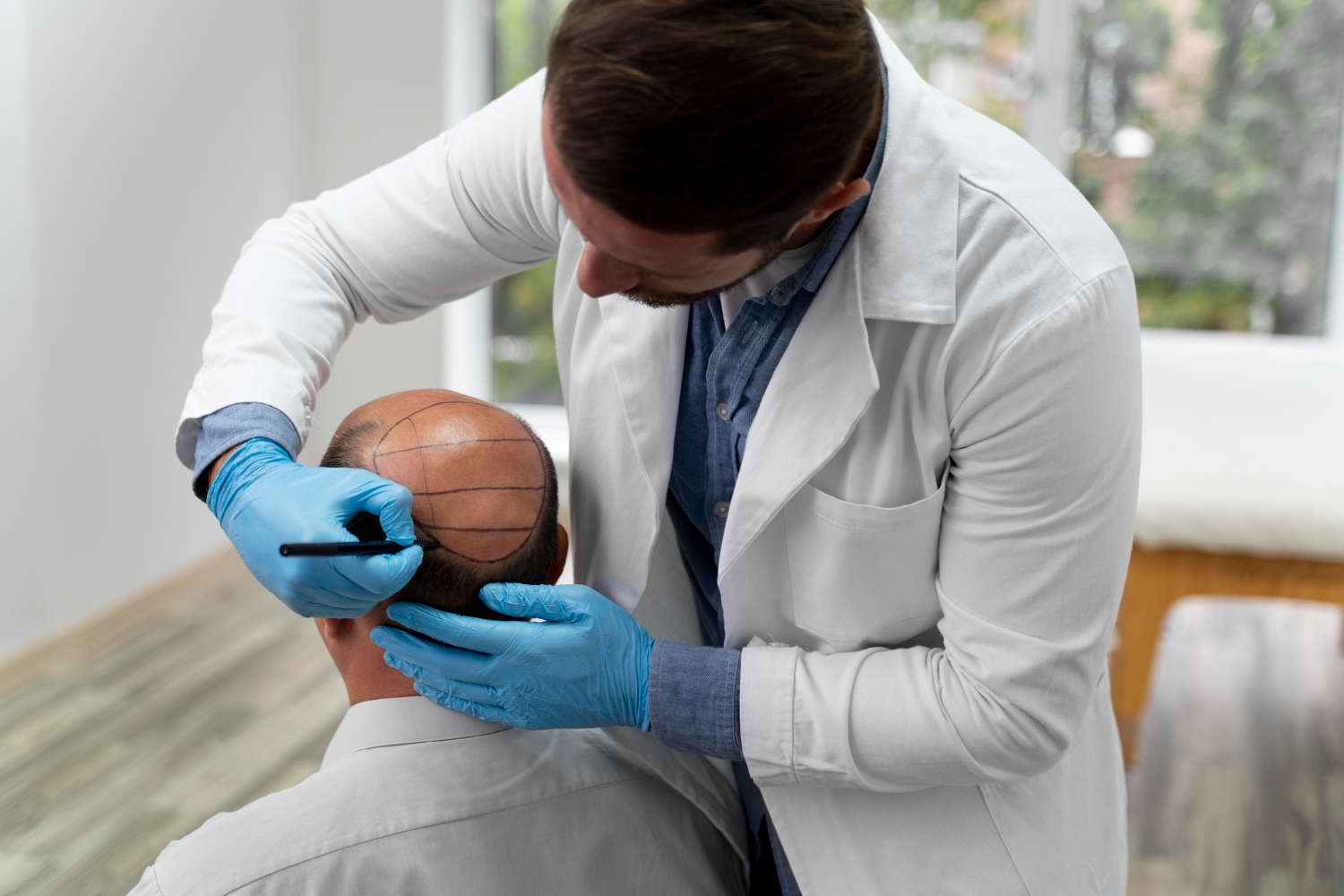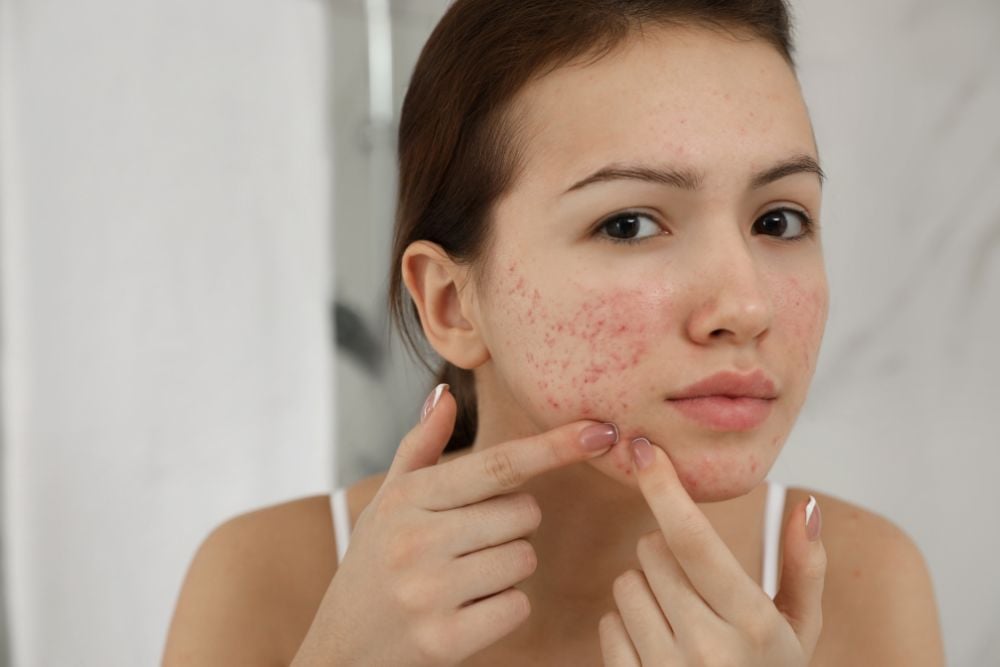HIV remains a serious global health concern, but the good news is that it is preventable. By taking the right precautions, you can greatly reduce your risk of infection and keep yourself and others safe. Whether you are looking for practical steps or just want to stay informed, this guide will help you understand how to effectively prevent HIV.
1. Practice Safe Sex
Unprotected sex is one of the main ways HIV is spread. Using condoms correctly every time you have sexual activity reduces the risk of infection. If you are in a long-term relationship, consider getting tested together. Many couples now get HIV blood tests before being intimate to ensure that both partners are aware of their health status.
2. Get Regular HIV Testing
It’s important to know your HIV status. Many people with HIV don’t have symptoms for years, so regular testing is important. If you’re sexually active or have multiple partners, get an HIV blood test at least once a year. Early detection allows for better management and reduces the chance of unknowingly spreading the virus.
3. Avoid Sharing Needles
Injecting drugs with shared needles is a major risk factor for HIV infection. If you inject drugs or substances, always use new, sterile needles. Many cities offer needle exchange programs that provide clean syringes to reduce the spread of infection.
4. Consider PrEP and PEP
PrEP (pre-exposure prophylaxis) is a daily pill that significantly reduces the risk of HIV infection when taken consistently. If you have been exposed to HIV, PEP (post-exposure prophylaxis) can be taken within 72 hours to prevent the virus from spreading. Talk to a healthcare provider to see if these options are right for you.
5. Educate Yourself and Others
Misinformation about HIV still exists. Educating yourself and those around you about HIV infection can help eliminate stigma and encourage safer behavior. Personal stories often make a big impact – consider sharing experiences or reading about people who have successfully prevented HIV.
6. Maintain a Healthy Immune System
A strong immune system doesn’t prevent HIV, but it does help your body fight infections more effectively. Eating a balanced diet, exercising regularly, and getting enough sleep all contribute to better overall health. If you are infected with HIV, early detection through an HIV blood test ensures timely treatment that can help you live a long and healthy life.
Real-Life Example: Maria’s Story
Maria, a 28-year-old teacher, always believed she was careful about her health. However, after a routine check-up, her doctor suggested an HIV blood test. Though she initially hesitated, she decided to get it done. The test came back negative, but the experience encouraged her to be more proactive about her sexual health. She now openly talks with her friends about the importance of testing and safe practices.
Final Thoughts
HIV prevention means making informed choices. You can protect yourself and those around you by practicing safe sex, getting tested regularly, and staying informed. Remember, knowledge is power – take control of your health and encourage others to do the same.



